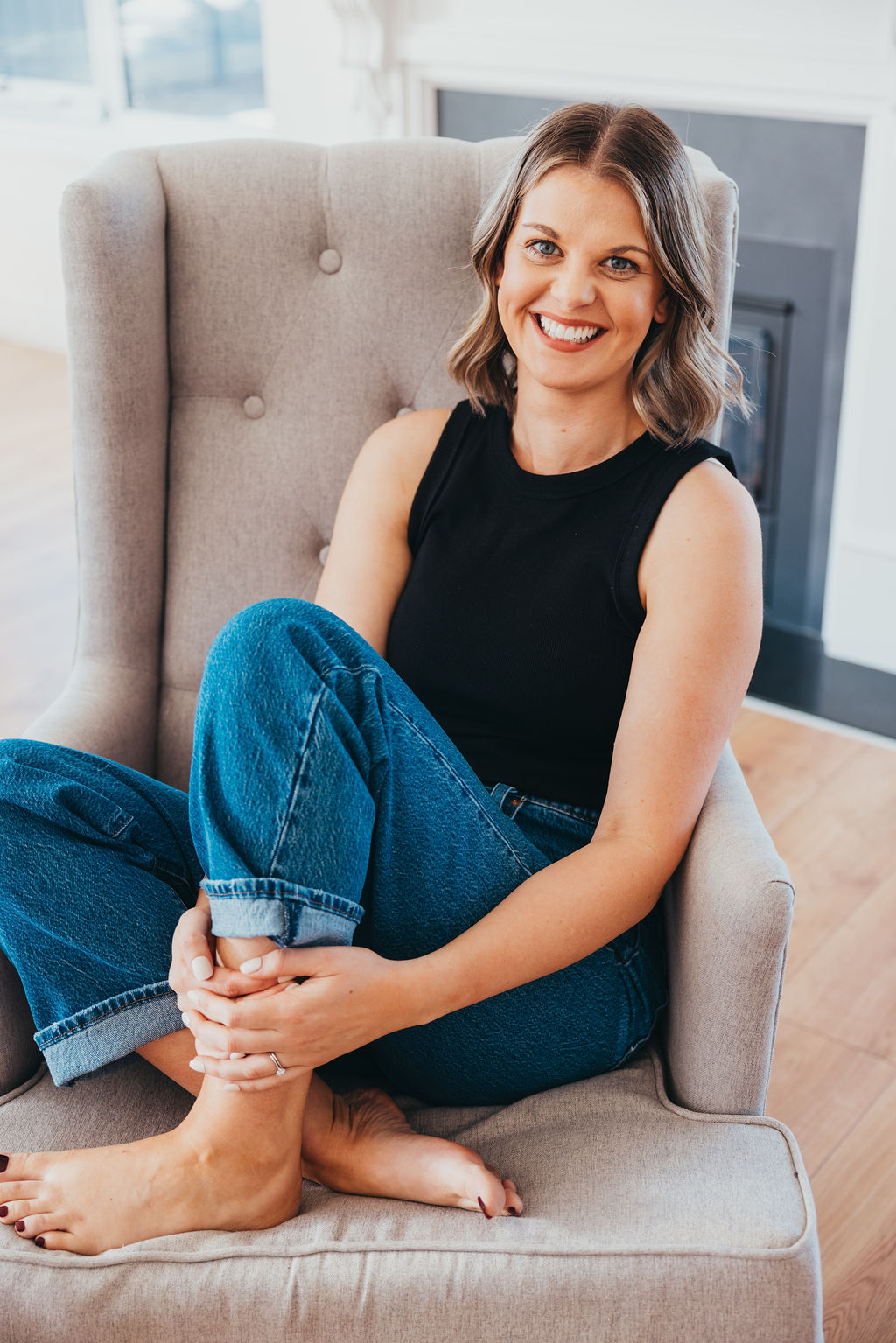Here’s the truth no one tells you: your fertility doesn’t “snap back” the moment you stop hormonal birth control.
If you’ve recently come off the pill (or another hormonal contraceptive), you might expect your cycle to pick up where it left off. But then weeks go by… maybe even months. Your period is irregular, ovulation seems like a mystery, and you’re left frustrated — especially if you’re eager to conceive naturally.
The good news? There’s a proven way to take the guesswork out of this transition: cycle charting. As a fertility coach and physiotherapist, I’ve seen firsthand how powerful charting is in restoring natural fertility, building body confidence, and helping women conceive without stress or confusion.
In this guide, you’ll learn exactly what happens when you stop the pill, why cycle charting is the missing link, and how to restore your fertility with clarity and confidence.
What Really Happens to Your Body When You Stop the Pill
For years, hormonal birth control suppresses your natural cycle. The pill in particular works by:
- Shutting down ovulation: Your body doesn’t release an egg each month.
- Flattening hormone patterns: Instead of natural rises and falls, your estrogen and progesterone are replaced by synthetic versions.
- Inducing a withdrawal bleed (not a real period): What you think of as your “period” on the pill isn’t actually your body cycling — it’s just a bleed caused by the break in synthetic hormones.
So when you stop hormonal contraception, your body essentially has to relearn how to function naturally. That means:
- Your brain and ovaries need to re-establish communication.
- Your body has to “remember” how to ovulate.
- Hormones must stabilise enough to support regular cycles.
👉 Research shows this process takes an average of 3–6 months, but it can take up to a year for cycles to fully regulate (WHO, Mayo Clinic).
That’s why so many women ask me:
- “Why hasn’t my period come back yet?”
- “Am I ovulating at all?”
- “Do I just need to wait it out?”
And my answer is always the same: you don’t need to wait in the dark. You can learn to read your body’s signs today.
Why Cycle Charting is the Missing Link After Hormonal Birth Control
Most women turn to apps or ovulation tests when they want clarity — but here’s the problem:
- Apps guess based on averages (like day 14 ovulation on a 28-day cycle). Coming off the pill, your body rarely fits the textbook.
- Ovulation tests (LH strips) can mislead, especially if your cycle is irregular or your hormones are still recalibrating.
Cycle charting, on the other hand, gives you real-time feedback from your body. By tracking:
- Cervical mucus (your most reliable fertility sign)
- Basal body temperature (shows ovulation after it’s happened)
- Optional cross-checks (like cervical position or at-home hormone testing)
…you’ll know exactly when your fertile window is, even if your cycles are unpredictable.
Cycle charting isn’t just about data. It’s about peace of mind. Clients often tell me:
“For the first time, I felt like I understood what was happening in my body instead of waiting and worrying.”
How to Restore Your Natural Fertility Confidently
Coming off hormonal contraception is a transition, but with the right tools, you can make it smoother. Here are three steps I teach through my Fertility Freedom Framework:
1. Begin Charting Immediately
Don’t wait for your “real” period to come back — start charting from day one. You’ll gather valuable insights, such as:
- When (and if) ovulation is returning
- Whether your luteal phase (the second half of your cycle) is long enough for implantation
- Patterns that can reassure you everything is on track — or signal when extra support might help
2. Support Hormonal Balance Naturally
Cycle charting gives you awareness, but lifestyle choices help your body rebalance. Focus on the four pillars I teach in my Heal Your Hormones mini-course:
- Nutrition: Whole foods rich in healthy fats, protein, and micronutrients.
- Movement: Gentle exercise like walking or Pilates to support circulation and reduce stress.
- Sleep: Consistent rest helps regulate hormone production.
- Stress management: Chronic stress delays ovulation — daily rituals like meditation or journaling help.
3. Set Realistic Expectations
- 3–6 months is normal for cycle return.
- Up to 12 months isn’t unusual, especially after long-term pill use.
- If cycles are absent after a year, or if you experience extreme symptoms, it’s time to consult a healthcare professional.
Client Story: From Confusion to Conception
One of my clients came to me after being off the pill for 8 months. Her cycles were all over the place, she’d spent hundreds on ovulation tests, and she was starting to panic that something was wrong.
Through cycle charting, we discovered she was ovulating — just much later than she expected. Once she learned how to time intercourse correctly, she conceived naturally within two months.
Her words still stick with me:
“I wish I’d learned this sooner. I wasted so much time thinking I was broken when my body was just finding its rhythm again.”
Actionable Tips: What You Can Do Today
- Ditch the app as your only guide — use it to log data, not predict fertility.
- Start observing cervical mucus — this is your body’s most accurate ovulation signal.
- Take your basal body temperature daily — track trends, not one-off numbers.
- Keep a cycle journal — note symptoms, mood, sleep, and energy.
Seek guidance if cycles don’t return after 12 months, or if you want personalised support sooner.

+ show Comments
- Hide Comments
add a comment